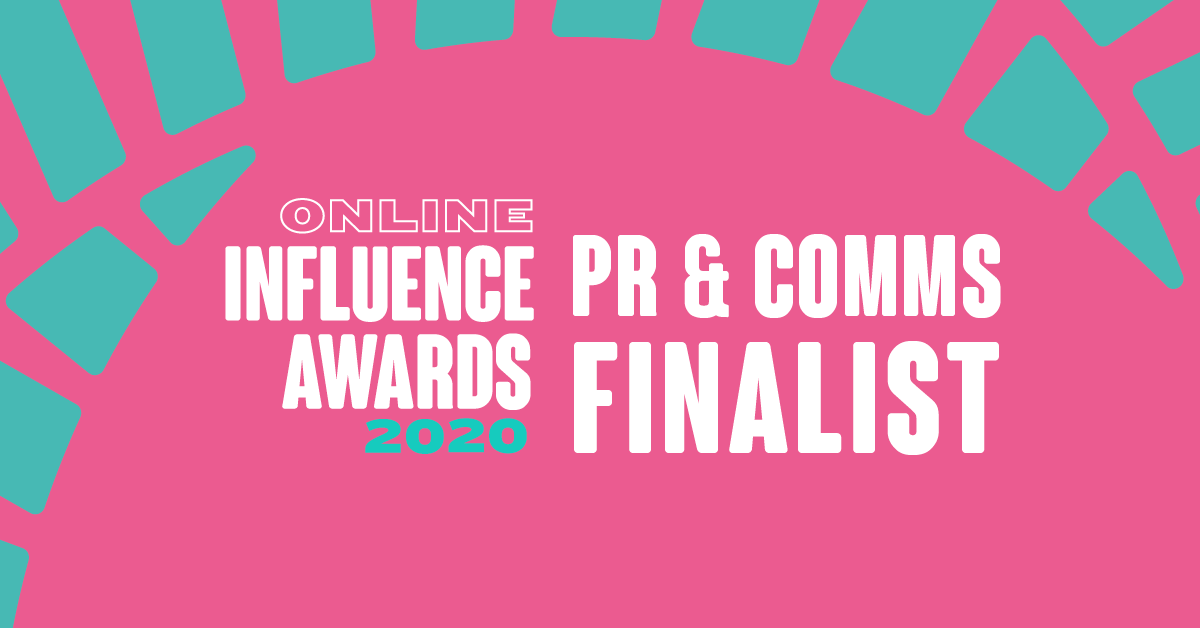When was the last time you looked at the code of conduct for public relations? The Chartered Institute of Public Relations have a 24 page document that sets out what is expected from members of the organisation. I have to confess it is a while since I read through the points. What brought it back to the front of my mind was the arrival of the code of ethics for policing which I discussed at length today with colleagues.
There are inevitably many similarities in what is covered in both codes and I am sure the same words appear in the many other codes for finance, health, teaching and other professions. But are we rushing from project to project and job to job without ever questioning what we are doing and why?
Now more than ever it is vital for public relations practitioners to demonstrate the elements within the code. For them to show what the profession does and what it achieves and how it does this in an ethical way. So what are the key elements?
1. Highest professional standards of professional endeavour – including reference to integrity, confidentiality, financial propriety and personal conduct. All really important foundations for professional life but do we challenge ourselves over the decisions we make and how it looks to other people? Do we stop before we act in our personal lives?
2. Dealing honestly and fairly in business with those around us – are we trying to undermine the work of fellow professionals or do we act less than honestly with members of the public? These are difficult questions to answer and challenge what we do on a daily basis.
3. Show respect – this has to be in every code. The simple message is always to treat people as you would expected to be treated, or if that doesn’t work treat them as you would a loved one or friend.
4. Don’t bring the industry into disrepute – which has to link with the professional standards and what decisions we make. The test in modern work is not just what would the media say but what would this look like if it played out on social media?
5. Respect the code and ensure accountability – there is no point having a code of conduct, ethics or standards if you don’t feel it matters to what you do on a daily basis. You have to be accountable for your actions and decision-making, and it is important to challenge others who you believe are acting outside the code.
6. Encourage training to raise professional standards – I like this as it is a very positive statement about how the code should drive the future development of the profession.
Other key words to remember are: integrity, honesty, capability, competence, transparency, and confidentiality.
We would all say we are doing these things on a daily basis in the decisions we make and the actions we take. But perhaps it is important to really think about what these elements mean and whether they really are part of our decision-making. And particularly do we challenge other professionals over their behaviour?
I now face the challenge of two codes one of conduct within my PR profession and a second of ethics for my link with policing. I sense a lot of questioning of my actions, behaviour and decision-making in coming months.
To read the full detail of the code check out the CIPR website or this link http://www.cipr.co.uk/sites/default/files/Code%20of%20Conduct%20-%20agreed%20changes%20November%202013.pdf


